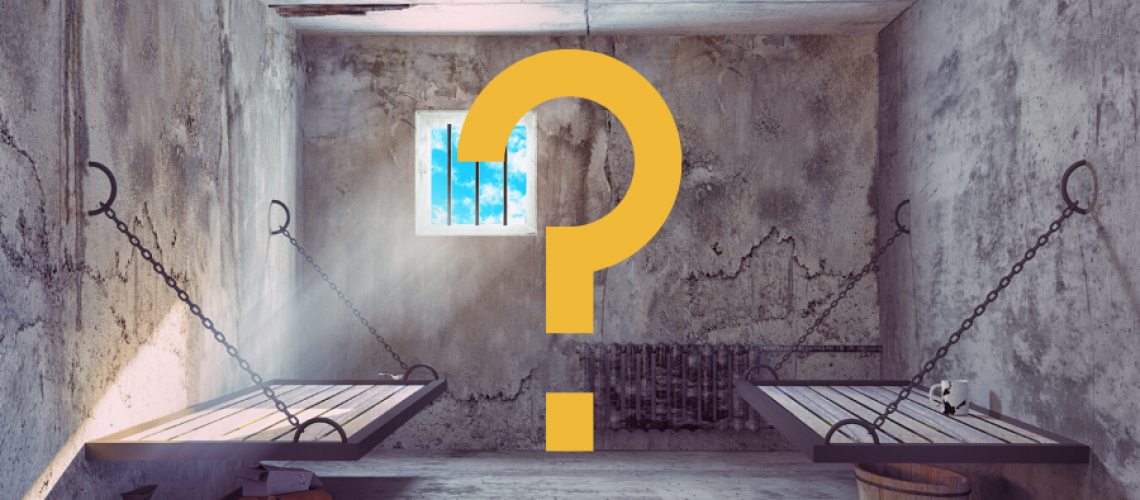Do I Have To Stay In Jail Before Trial?
If you or a loved one has been arrested, you may wonder whether you must stay in jail before trial. When the police take you to jail for drug trafficking, money laundering, or other types of crime, you are entitled to a hearing with a judge to determine release conditions. “Release conditions” are the rules under which you must live until the case is finished. There are various types of release conditions, as explained below.
Release On Own Recognizance
A judge may release you on your own recognizance. This means that the judge may let you continue to live in the community while your case proceeds. Even under this form of release, however, the court will likely impose some restrictions. This may include keeping you from leaving the country, requiring you to maintain a job, and abstaining from using drugs or alcohol.
Pretrial Supervision
The next step up from release on your own recognizance is release to the supervision of pretrial services. A department of the court called Pretrial Services can provide supervision for defendants who are living in our community while awaiting trial. They make sure that the defendant does not present a danger to the community and appears for future court hearings. Pretrial services may require you to submit to drug and alcohol testing, confirm that you maintain a job, and require you to have a curfew—that is, a time at which you need to be home after work.
Bonds
If the court thinks you might not return for future court hearings, it can impose a bond in your case. A bond works like this: the defendant or his family gives the court with some sort of money or property in exchange for the defendant’s release. If the defendant returns for all of his future court hearings, the court will ultimately return the property or money. But, there are consequences if the defendant does not return or misses a court hearing. When that happens, the court has the power to take ownership of the property or money, revoke the defendant’s release, and issue an arrest.
Held Without Bond – Staying in Jail Until Trial
In some cases, the law may require the court to keep the defendant in jail during the entire case. This occurs in certain drug-related cases, or when the defendant is not a citizen or resident of the United States. Under the written law, the court may have little choice under these circumstances but to keep the defendant in custody.


